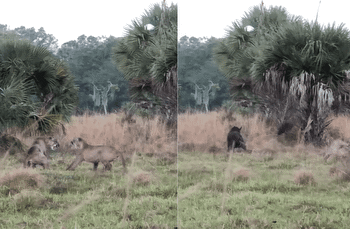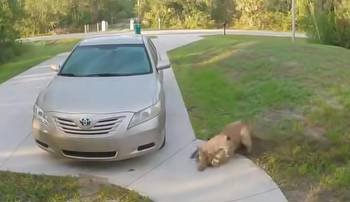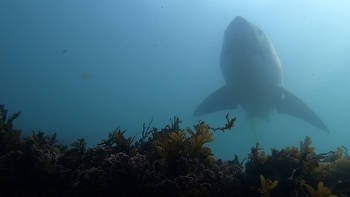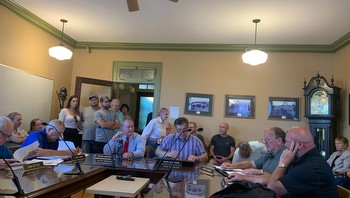After working for 12 years on a plan to protect Florida panthers, developers backed out
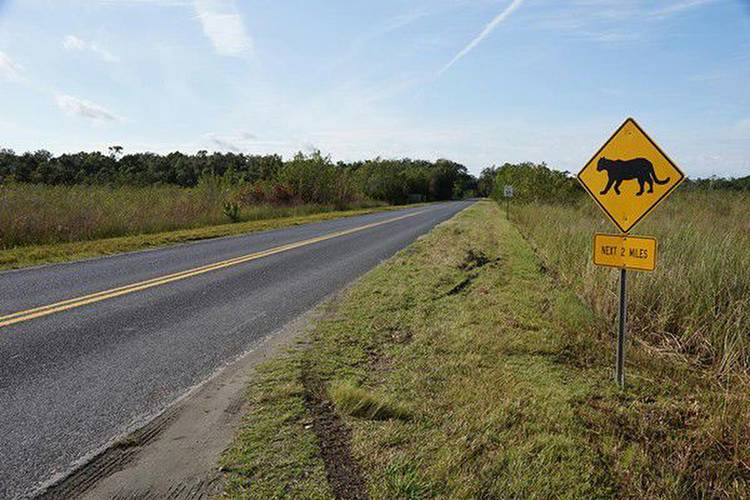
Wausau Possum Festival in the Panhandle celebrates the possum. Last week developers in Collier County, Florida, dropped out of conservation plan to protect panther habitat. The plan was supposed to be a way to ensure panthers wouldn't lose out when big machines started tearing up their habitat, but it was dropped in favor of development. The negotiations had been going on for 12 years. It would have been the biggest endangered species conservation plans east of the Mississippi River. If it had gone through, it would be Marvel-ous achievement. For more information, visit the website of "Habitat Conservation Plan".
East Collier Property Owners withdrew the application. The property owners blamed the feds for causing everything to go wrong.
Developers backed out of a plan to protect Florida panthers. The plan was not implemented. Elizabeth Fleming of Defenders of Wildlife called it a lost opportunity.
After working for 12 years on a plan to protect Florida panthers, developers backed out. The Fish and Wildlife Service forked over $765,357 in grants to help cover the costs of the project. Landowners are not poor and they are named for the developer who started Collier County and controversial former state wildlife commissioner Liesa Priddy. The Intercept reports that the landowners agreed to pay FWS $292,000 to review the plan they submitted. It is not clear if the agreement is permanent. They agreed that they would pay more than $200,00 to fund the agency's operations.
Collier County Service created a firewall between the landowners and the permit they sought. This allowed senior and experienced biologists to do the difficult analyses and other biologists could do more routine permit applications without delay.
After 12 years of working on a plan to protect Florida panthers, developers backed out. Environmental groups are at odds over what to do. Conservancy of Southwest Florida drew flak for opposing the landowners. The Conservancies hired a couple of scientists to review the HCP. One was a panther expert and the other an expert on conservation planning. Neither endorsed it. The leading cause of death for panters these days is being run over by cars and trucks. New developments envisioned in the plan would put 200,000 more vehicles a day onto roads around the region.
Landowners are ignoring the fact that to really protect panthers would cost them a couple of hundred million.
After 12 years of working on a plan to protect Florida panthers, developers backed out. Christian Spilker, a senior vice president of Collier Enterprises, once served as the primary spokesman for the landowners. He promised the Fish and Wildlife Service would analyze the impact of all those new drivers on the panther population. Instead, the biologists said the developers would be responsible for running over pantheres. The owners hired their own lawyer, Andrew J. Turner, to push the issue. The director of the Wildlife Services, Aurelia Skipwith, will look into the delay.
Developers backed out of a plan to protect Florida panthers.
The landowners are breaking their projects into individual pieces to get separate permits. The individual permitting process has already started with Bellmar, which is supposed to put 8,600 new residents next to the Florida Panther National Wildlife Refuge. As more people crowd into panther habitat, they will bring more cars and trucks. A retired panthers biologist doubts that the pantheres can survive without roads. Wausau allows developers to build whatever they want on their land, but they can't build a road. They have to tear out any that are there now.











